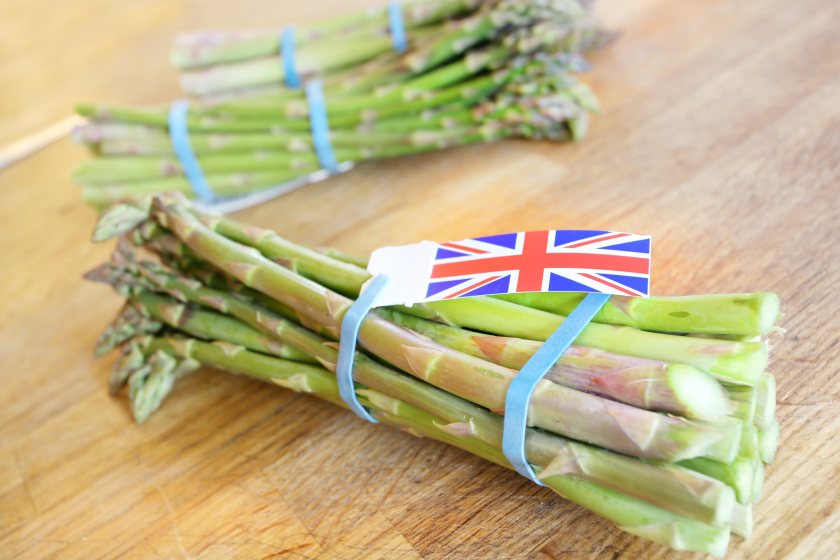
A cross-party parliamentary inquiry begins today on the impact the government’s post-Brexit trade policy has had - and will have - on farmers.
As the UK looks to sign further international trade deals, the EFRA Committee has launched a wide-ranging inquiry into the negotiations.
Since leaving the EU, the government has signed free trade agreements (FTAs) with Australia and New Zealand, with farm leaders raising serious concern over their impact on the UK farming industry.
The NFU had warned that there was little in those trade deals to benefit British farmers.
The government has also either signed or is negotiating further agreements with the free trading bloc known as the CPTPP, Canada, the Gulf Cooperation Council and India.
The EFRA Committee is launching its inquiry to assess the "strategic and economic coherence" of the government’s approach to international trade.
MPs who sit on EFRA will also weigh the positive and negative impacts of agreements made so far and the opportunities and risks of those to come.
The inquiry will explore the role trade policy should play in protecting and improving standards for food, animal welfare and environmental protections.
And it will also consider the impact trade policy has had, and will potentially have, on the security, quality and affordability of the UK’s food supply.
The chair of EFRA, Sir Robert Goodwill, said: "We need to balance the advantages of agreements against their disadvantages, particularly when it comes to agriculture and food.
“We need to look into how a particular deal might affect consumers, farmers and food processors.
"And we need to be aware of how the various deals interact with each other – what their cumulative impact is on the food and farming sector”.
Dr Neil Hudson MP for Penrith and The Border, and member of EFRA said it was 'vital' that farmers were 'protected' as a result of the UK's new deals.
“We were able to secure animal welfare safeguards in chapters in the deals, and with campaigners like the NFU, we were able to secure stronger oversight by the Trade and Agriculture Commission.
"There is a huge opportunity for the UK to be a beacon to the rest of the world and drive up animal welfare standards globally through positive and strong diplomacy.”
